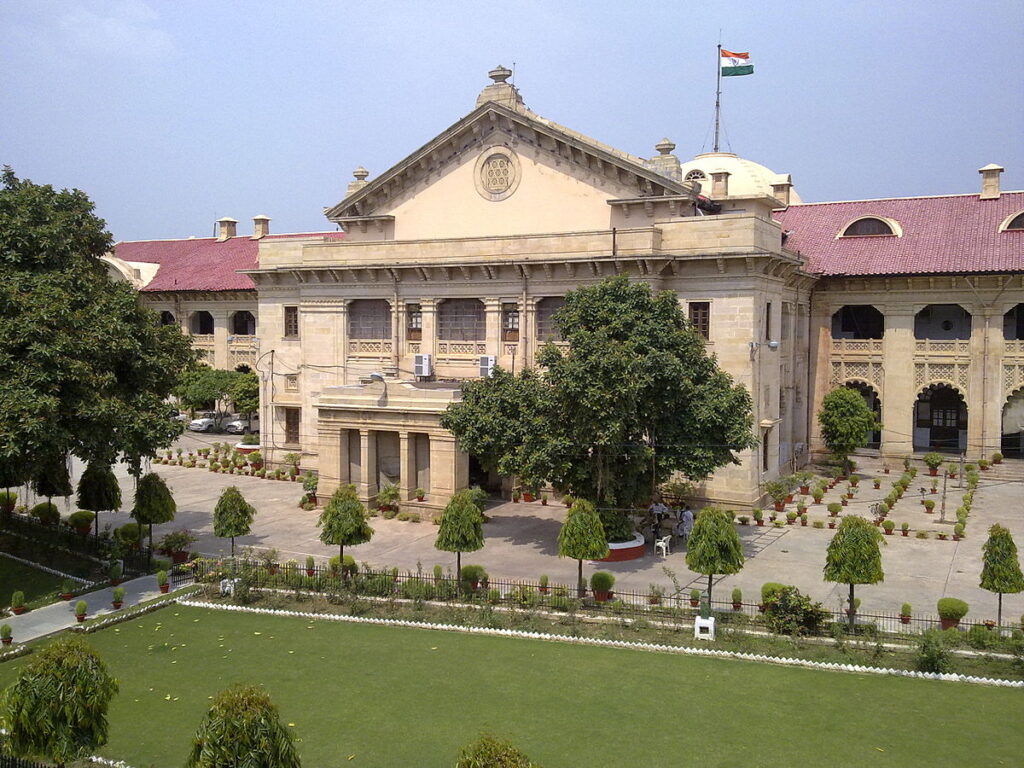K Chakra Pani
On 5th April 2024, the Allahabad High Court held that the ‘Kanyadan’ ceremony is not a mandatory requirement to solemnize a marriage under the Hindu Marriage Act, 1955.
A single-judge Bench of Justice Subhash Vidyarthi held that the Act does not provide for ‘Kanyadan’ as an essential requirement for a valid marriage.
The Court was concerned with the power to recall witnesses under Section 311 of the Criminal Procedure Code, 1974. The trial court had rejected the petitioner’s application u/s 311 to re-examine a few witnesses as there were discrepancies in their statements in examination-in-chief and cross-examination. The High Court held that though the power to re-examine witnesses is available u/s 311 of CrPC, it cannot be used merely when there are discrepancies in the witness statements. It must be used justifiably and only when it is essential for a just decision and not on the mere asking of a litigant.
While dealing with such powers, the Court came before the issue of whether the ‘Kanyadan’ practice is a mandatory requirement for the solemnization of a marriage under the Act.
Referring to Section 7 of the Act, the Bench held that the provision does not state ‘kanyadan’ as a valid requirement. It only states that such essentials include Saptpadi (the taking of seven steps by the bridegroom and the bride jointly before the sacred fire). The practice of ‘Kanyadan’ may depend on different communities solemnizing marriage under the Act, and even if it is not performed, the marriage solemnized will be valid.
Case name: Ashutosh Yadav vs. State Of U.P. Thru. Prin. Secy. Home Dept. Lko. And Another, CRIMINAL REVISION No. – 296 of 2024
Bench: Justice Subhash Vidyarthi

